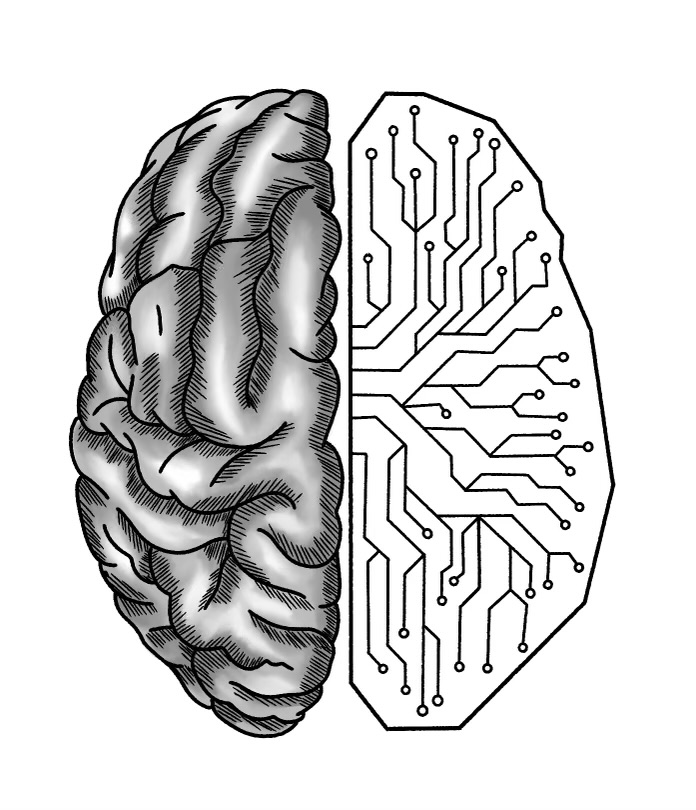Recycling has been at the forefront of a global push for a more sustainable future. Recycling once seemed to be the solution to the growing crisis of global warming, but is now being exploited by the plastic industry worldwide. While we are told to hold each other accountable to reduce our carbon footprint, we need to switch gears and shine a light on the immense part that large corporations play in the recycling crisis.
During the 1980s, the plastic industry began to receive backlash from environmental activist groups due to an increasing concern regarding garbage production. But the industry had an idea to fend off any controversy they faced. Enter Larry Thomas, who ran the Society of the Plastic Industry (SPI) from the late 1980s to 2000.
In an NPR interview with Thomas, he explained that the plastic industry was being put under siege by environmentalists, and they needed to find a way to take the heat off without ending plastic production. He raised the thought of shifting focus to how consumers can help reduce the problem. This is where the idea of recycling was first pushed into action.
Several initiatives were brought to the plastic industry, urging for a limit to plastic production. This newly devised plan not only diverted attention away from corporations but also kept plastic bans at bay.

Since the 1980s, consumers have been told that all recycled materials can and will find a second life if recycled. But this is a common misconception. Some items, like soda bottles and milk jugs, are easier to break down and recycle — even economically profitable for recycling companies, thus incentivizing widespread recycling of these materials. But there are also other “mixed plastics” that are more difficult and costly to recycle, meaning recycling companies don’t spend resources recycling them and they end up in landfills.
According to the Environmental Protection Agency, “8.8 percent of the plastic that goes into garbage and recycling bins actually gets recycled. And about 29 percent of ‘easily recycled materials’[via soda bottles and milk jugs] get recycled in the United States.”
This misconception of recycling is contributing heavily to the worldwide plastic crisis. To fix this dilemma, consumers must stop looking towards recycling as a solution and focus on reducing plastic production. There is also a lack of education on the subject at hand.
For example, companies often use mixed plastics for their product packaging since they are cheaper and quicker to make. On the bottom of almost every plastic container are the iconic three rotating arrows, the worldwide symbol for recycling. This symbol misleads consumers into feeling good about buying “recyclable” products, thinking they will get reused.
People have been trying to push plastic bans for years, but if we cut out plastic from our society, the economy will plummet. According to the Plastic Industry Association, “the [plastic] industry also accounts for over one million jobs.” Not only will people lose their jobs, but a variety of products will become more expensive due to increased packaging costs.
“Plastic is one of the most advanced and useful materials humanity ever created, contributing to longer, healthier, and better lives for people around the globe,” said Tony Radoszewski, President and Chief Financial Officer of PLASTICS.
Yes, recycling is a huge and profitable industry worldwide, but there is no way it’s a viable long-term option to save the environment. Recognizing the severe economic challenges we would face with reducing plastic production, the government chooses not to act strongly on the crisis. This is where consumers come into play. The plastic industry thrives on us buying store products that are packaged in plastic. If we decrease our daily plastic use, we will significantly impact the industries’ profit margins, making them rethink their business plans to a more environment-friendly design. While it might be unrealistic to completely cut out plastic, we need to initiate a ‘boycott’ of plastic and take it upon ourselves to pave the way for a cleaner world.







